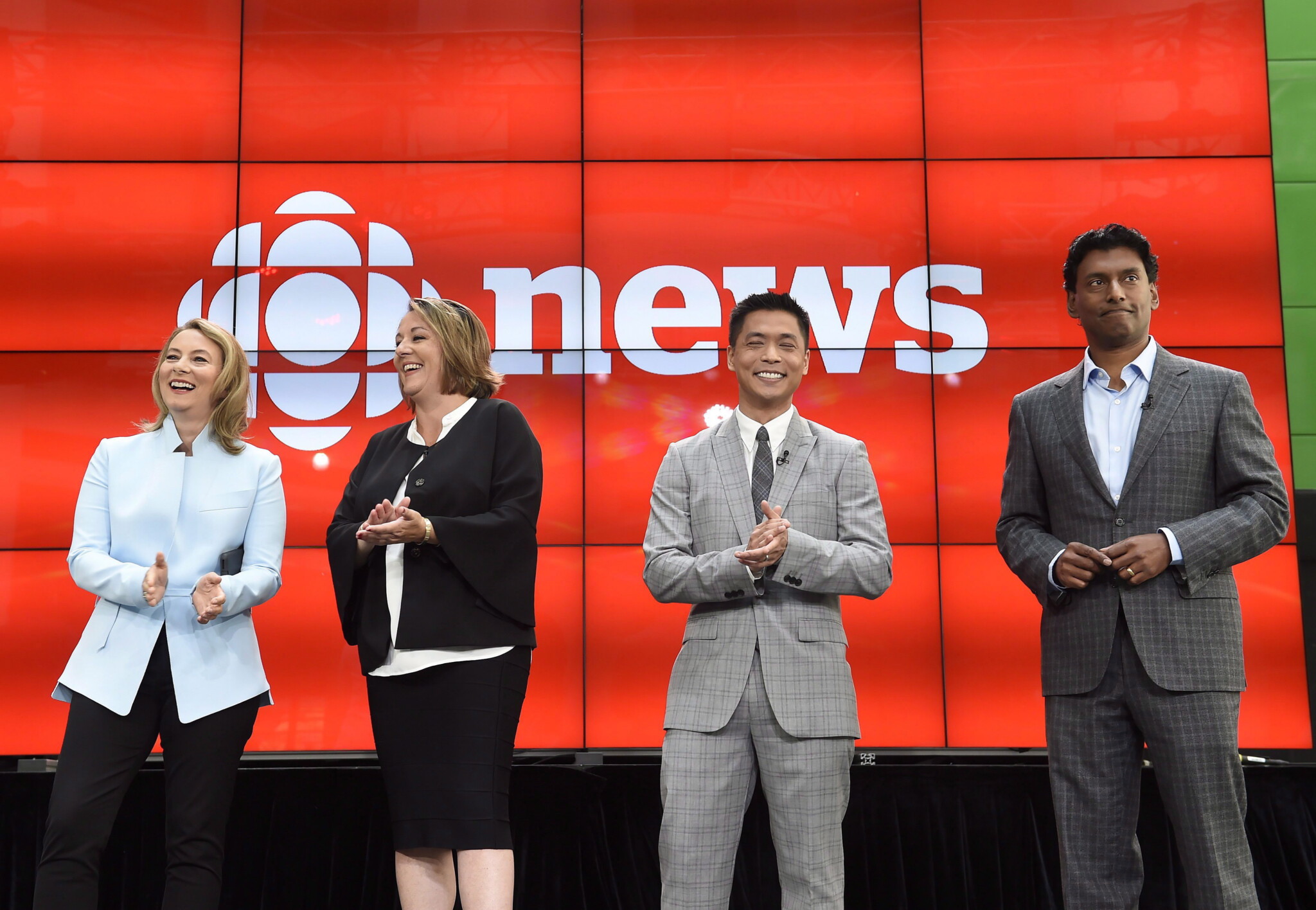Welcome to my Full Press column, a bi-weekly round-up of the interesting stories in media worth paying attention to. Be sure to catch The Hub’s accompanying Full Press podcast.
Expect journalism to become even more government-dependent if the Liberals win
It is becoming clear that should the Liberals win the next federal election, not only will the CBC be spared the gallows, but almost the entire media ecosystem will be permanently partnered with politicians.
That conclusion was reached upon reading the latest report from the Public Policy Forum (PPF), “The Lost Estate,” which provides an overview of the news industry’s dilemmas, the number of media that have gone out of business, and the number of new platforms that have launched. It cites 526 failures since 2008, mostly community newspapers (about half of which were in centres of less than 20,000 people) and 402 new launches, 276 of which have succeeded.
It features an exclusive Ipsos poll on the public’s desire for locally-produced news, details the negative impact of Meta’s refusal to carry news links as a result of the Online News Act, outlines the shift in advertising revenue to Big Tech, and lays out the ever-expanding buffet of federal and provincial media subsidies. The report also examines novel philanthropic models that help produce news, which is definitely an avenue worth further exploration.
But it also illustrates the extent to which a dubious assumed truth about journalism has become embedded. Just as frustrating is the absence of curiosity about broadcasters’ launch of new platforms into the digital sphere.
There are 724 commercial radio stations in Canada, most if not all of which have launched websites that, in addition to facilitating live streams, provide local news in text form just like newspapers do. In many smaller centres, those websites have eaten the lunch of the local weekly because news, weather, and sports became available on demand through their platforms.
Indeed, an argument can be made that, since the advent of the internet, communities such as Moose Jaw, have more, not fewer, sources of local news. Yes, the venerable Times-Herald folded in 2017 but the Moose Jaw Express is available in print and online, Moose Jaw Today is a digital newspaper and Discovermoosejaw.com provides news, sports, and even funeral announcements along with Golden West radio streams. Nearby Harvard Media in Regina owns online products such as Sask Today, which covers the province, as does Rawlco Radio through sites like CJME.com.
The impact of platforms such as these needs to be included in discussions involving the current state of the news industry in Canada and, so far, that hasn’t been the case. Nor has the CBC’s aggressive expansion into the digital realm—over the protests of newspapers trying to build online audiences—been scrutinized.
The assumed truth within “The Lost Estate” involves the widespread and very tiresome narrative that democracy dies without journalism. Given that journalists and media exist in totalitarian countries, this is an incongruous and overwrought assertion. Certainly, journalism that supports democratic foundations—a free press, freedom of speech, free and fair elections, an independent judiciary—is a key support. But journalism organizations that fail to do so provide little obvious benefit. Those who fail to support free speech, for instance, could be considered harmful to democracy.
Furthermore, if the goal is to ensure people have a shared set of trusted facts they can use to organize their lives, it should not matter whether people obtain that information through a community Facebook page or a newspaper.
Finally, there is the report’s recommendation that governments should continue and even expand funding journalists whose job it is to hold politicians accountable. The PPF study recommends existing subsidies be adjusted, not discontinued. Plus, it suggests that the federal and other provincial governments should further prop up news organizations through subsidies disguised as advertising.
Initially, the news industry only wanted temporary help from taxpayers. Bob Cox, then chair of the Canadian Newspaper Association, was clear on that when he testified before the Commons finance committee in 2019.
“We will have to save ourselves,” Cox said. “There does need to be a deadline.
“Deadlines can also focus you and get you moving to where maybe you aren’t moving now…I don’t like the idea of a long-term subsidy for newspapers that becomes permanent.”
And yet, here we are. The deadline—five years—expired last year. The papers haven’t moved and the cozy relationship between media and the politicians that nurse them has become, as Cox claimed to fear, permanent.
When news becomes misinformation
CTV News wins this week’s brickbat thanks to a headline so bad it qualifies as misinformation.
Mark Villani wrote a very thorough report on allegations of procurement monkey business at Alberta Health. But the headline diminished credibility by claiming “Premier Smith remains silent as calls for resignation grow louder following AHS political interference allegations.” The lengthy report contains just one call for Smith’s resignation—from the opposition NDP. So, a call but no calls. Nothing growing, nothing louder. Just a flashy headline spreading misinformation. Journalists need to stop hurting journalism. Please.
A final plug (or two)
Make sure you check out my Substack for more media monitoring and keep your eye on The Hub for The Full Press podcast coming up Feb. 27 with Harrison Lowman and Tara Henley.











